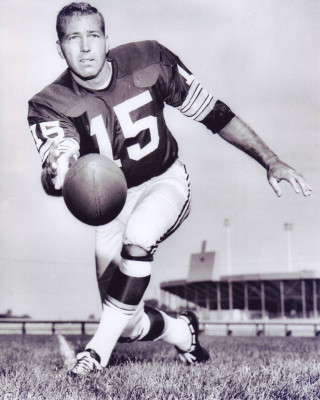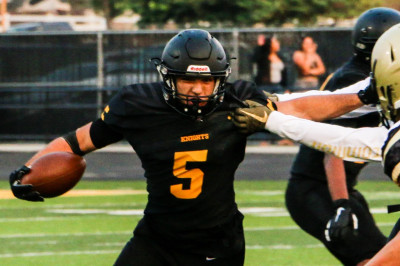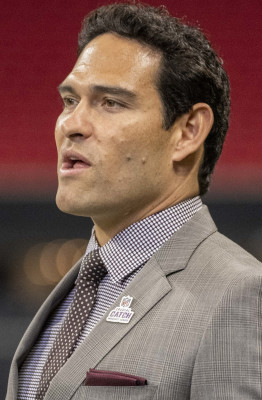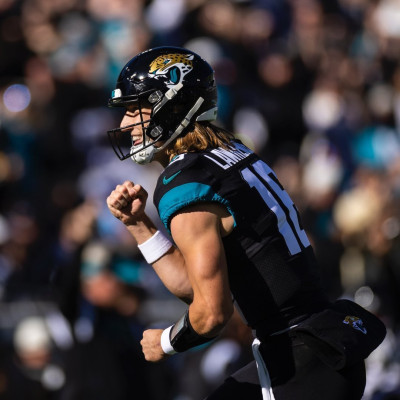Who Is Bart Starr? Age, Biography and Wiki
Bart Starr was born on January 9, 1934, and he tragically passed away on May 26, 2019. He left behind an indelible mark on American football as a legendary quarterback for the Green Bay Packers. Known for his leadership and sportsmanship, Starr led the Packers to numerous victories, including four NFL championships and the first two Super Bowls. His contributions to the sport have solidified his legacy, making him a vital part of football history.
| Occupation | Football Players |
|---|---|
| Date of Birth | January 9, 1934 |
| Age | 85 Years |
| Birth Place | Montgomery, Alabama, U.S. |
| Horoscope | Capricorn |
| Country | U.S |
| Date of death | 26 May, 2019 |
| Died Place | Birmingham, Alabama, U.S. |
Popularity
Bart Starr's Popularity over time
Height, Weight & Measurements
Bart Starr's physical stature contributed to his success on the field. He stood at a height of 6 feet 1 inch (185 cm) and weighed around 200 pounds (91 kg) during his playing career. His athletic build allowed him to navigate the field effectively, exemplifying the traits of a great quarterback.
Starr had originally planned to retire after the second Super Bowl win in January 1968, but without a clear successor and a new head coach, he stayed on. After Lombardi's departure, Starr continued to be a productive quarterback under new Packers coach Phil Bengtson, though injuries hampered him.
Starr threw for 15 touchdown passes in 1968, leading the NFL once again in completion percentage (63.7) and passer rating (104.3). Starr struggled to stay healthy again in 1969, but still once again led the league with a 62.2 completion percentage and an 89.9 passer rating, though he only threw for 9 touchdowns and 1,161 yards.
Starr was able to stay healthy for most of the entire 1970 season, but his age was showing, throwing for only 1,645 yards and 8 touchdowns, the last touchdown passes of his career. In an attempt to prolong his career, Starr had surgeries on his long-ailing throwing arm in July and August 1971.
This nearly ended Starr's life, as the initial surgery was botched, nearly causing Starr to bleed to death.
The surgeries ended up damaging the nerves in Starr's right arm, causing him to struggle to even grip a football, and while he stayed on the Packers' roster for the entire 1971 season, he only played in three games, usually with a glove on his throwing hand to try to regain his grip on the ball. In February 1972 Starr was set for one last year.
He participated in the team's spring camp in Arizona in April, but his throwing shoulder and arm were no longer effective. Starr announced his retirement in July 1972 at age 38.
Family, Dating & Relationship Status
Bart Starr was married to Cherry Starr from 1954 until his passing in 2019. The couple remained a strong team throughout their lives, supporting each other through the ups and downs of his football career. They had three sons together, and the Starr family has continued to honor his legacy in various charitable endeavors and initiatives.
Starr's early life was marked by hardships. Shortly after the start of World War II, his father's reserve unit was activated and in 1942 he was deployed to the Pacific Theater. He was first in the U.S. Army but transferred to the U.S. Air Force for his military career.
Net Worth and Salary
At the time of his passing, Bart Starr's net worth was estimated to be around $6 million. This wealth was accumulated through his earnings as a professional athlete, coaching roles, and various endorsements. Starr's prominence in the NFL and his post-retirement activities contributed to his financial success.
Career, Business and Investments
Bart Starr's football journey began at the University of Alabama, where he played college football. After being drafted by the Green Bay Packers in the 1956 NFL Draft, he went on to become a two-time NFL MVP and Super Bowl MVP. Following his playing career, he transitioned into coaching, learning from the field and impacting future generations.
Off the field, Starr was involved in various business ventures and charitable organizations, reflecting his commitment to philanthropy and community service. His legacy continues through numerous foundations that support education and health initiatives.
Starr was named the Most Valuable Player (MVP) of the first two Super Bowls and during his career earned four Pro Bowl selections. He won the league MVP (MVP) award in 1966. He was inducted into the Pro Football Hall of Fame and the Packers Hall of Fame in 1977.
Starr has the third highest postseason passer rating (104.8), after Baker Mayfield (105.6) and Patrick Mahomes (105.4), of any quarterback in NFL history and a postseason record of 9–1. His career completion percentage of 57.4 was an NFL best when he retired in 1972.
For 32 years (through the 2003 season), Starr also held the Packers' franchise record for games played (196).
Social Network
Bart Starr may not have been active on social media during his lifetime, but his legacy lives on through various official pages and fan tributes. Platforms like Twitter, Facebook, and Instagram share memories, quotes, and highlights of his career, keeping his spirit alive among fans and new generations of athletes.
That summer, Starr suffered a severe back injury during a hazing incident for his initiation into the A Club. He covered up the cause by fabricating a story about being hurt while punting a football. He rarely played during his junior year due to the injury.
The back injury disqualified him later from military service, and would occasionally bother him the rest of his football career. After a disappointing season of 4–5–2, Harold Drew was replaced by Jennings B. Whitworth as coach of Alabama.
Education
Bart Starr attended the University of Alabama, where he excelled in football and laid the groundwork for his professional career. His education there taught him the values of teamwork, discipline, and perseverance, which he carried into his professional life. Today, his alma mater honors his achievements, ensuring that his contributions to college football and the NFL are remembered.
Bryan Bartlett Starr (January 9, 1934 – May 26, 2019) was an American professional football quarterback and head coach for the Green Bay Packers of the National Football League (NFL).
He played college football for the Alabama Crimson Tide, and was selected in the 17th round of the 1956 NFL draft by the Packers, for whom he played for 16 seasons until 1971. Starr is the only quarterback in NFL history to lead a team to three consecutive league championships (1965–1967).
He led his team to victories in the first two Super Bowls: I and II. As the Packers' head coach, he was less successful, compiling a 52–76–3 (.400) record from 1975 through 1983.












